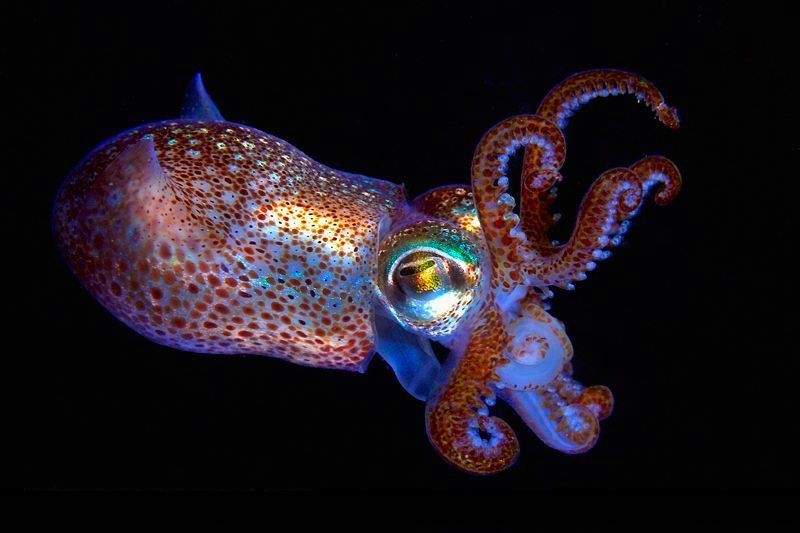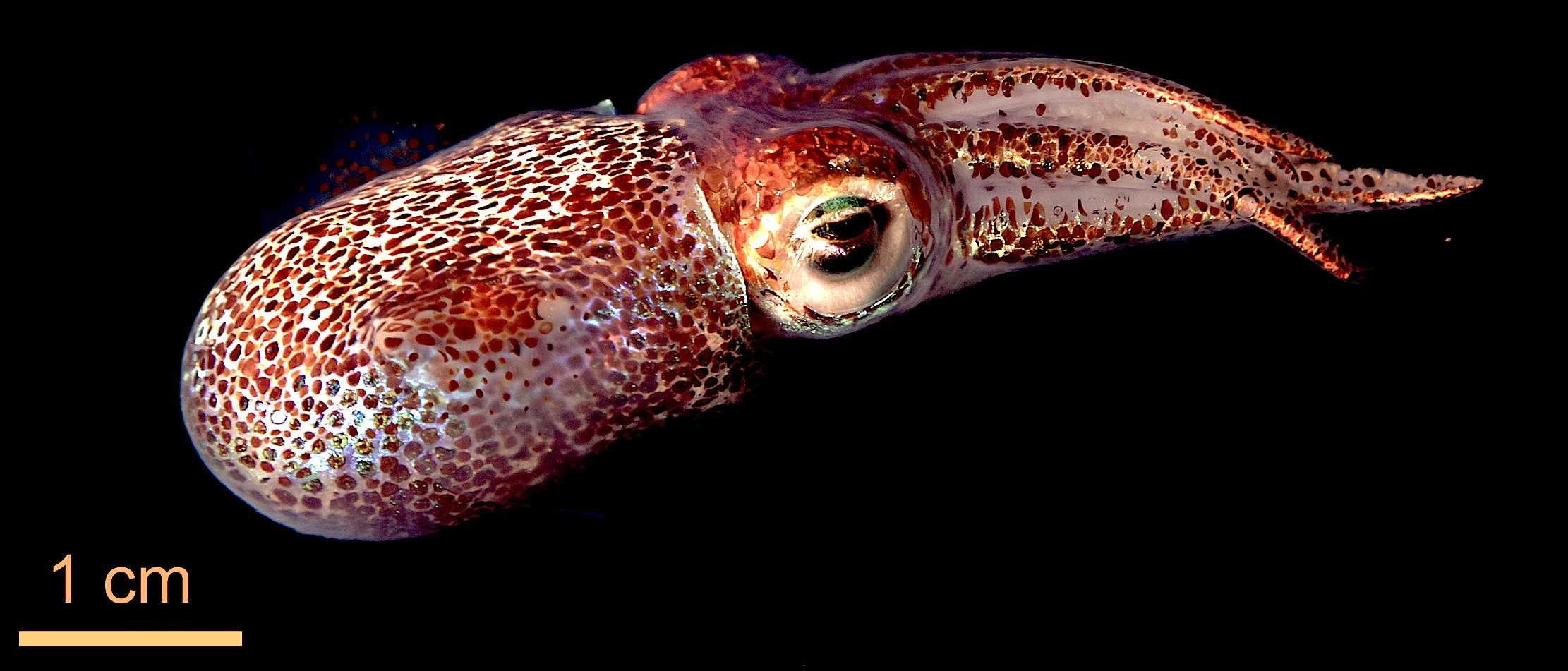As part of SpaceX's 22nd resupply mission, NASA is sending thousands of tardigrades and 128 juvenile squids to the International Space Station (ISS). These hardy organisms will reveal how space stressors affect biology, informing strategies for long-duration human missions.
Astronauts on the ISS will soon host 5,000 tardigrades, microscopic invertebrates renowned for their extraordinary resilience. These "water bears" endure temperatures down to -272°C, years without water or oxygen, crushing ocean depths, and even the vacuum of space.
NASA researchers, led by molecular biologist Thomas Boothby from the University of Wyoming, aim to pinpoint the genes behind these adaptations. This work could yield insights into safeguarding astronaut health during extended spaceflights and inspire protective therapies.
The payload also includes 128 hatchling squids of the species Euprymna scolopes, model organisms for studying animal-bacteria symbiosis. Each squid hosts the bioluminescent bacterium Aliivibrio fischeri in a specialized light organ.
This ISS experiment, directed by University of Florida microbiologist Jamie Foster, will examine how microgravity and space conditions alter these vital interactions. "Animals, including humans, rely on microbes for healthy digestion and immunity," Foster notes. "We don't fully understand how spaceflight disrupts these beneficial partnerships."

 Squids are born bacteria-free, acquiring A. fischeri from their environment. Researchers will introduce the bacteria post-thaw on the ISS to observe symbiosis development from the start.
Squids are born bacteria-free, acquiring A. fischeri from their environment. Researchers will introduce the bacteria post-thaw on the ISS to observe symbiosis development from the start.
By analyzing molecules and gene expression, the team will identify space-induced changes. These findings could help maintain human gut and immune microbiomes on future deep-space voyages.